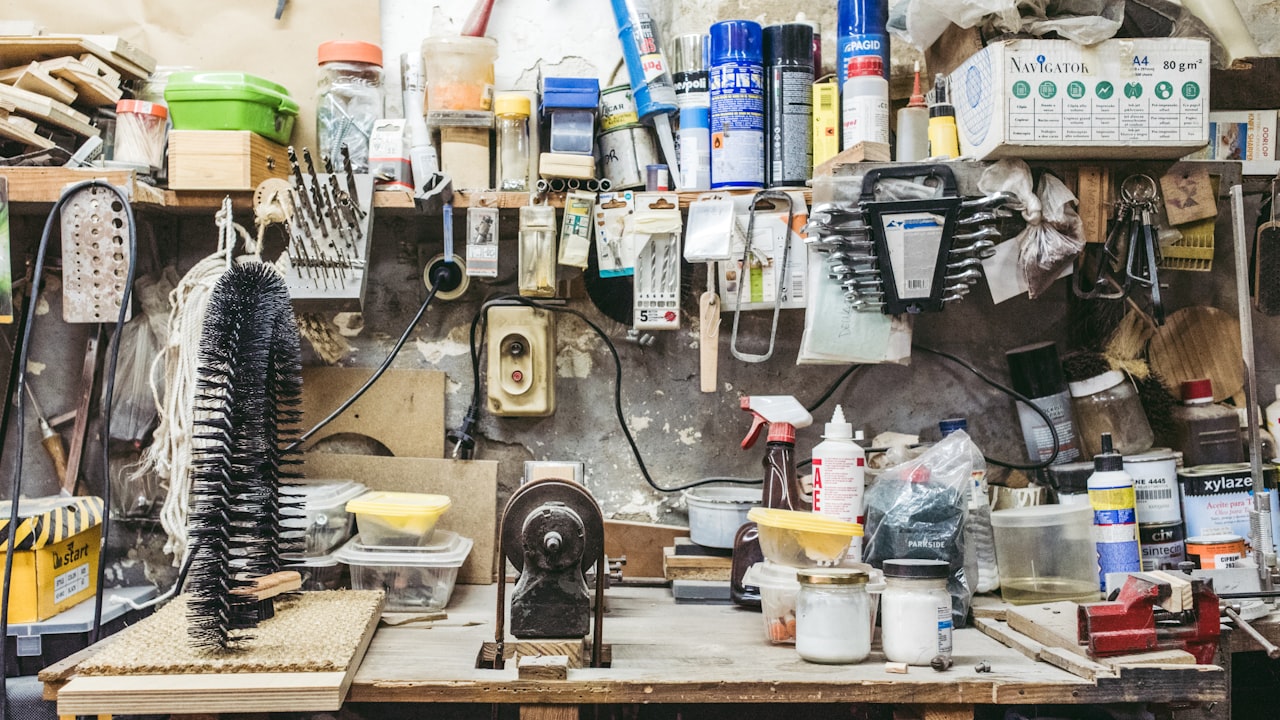 Title: “Revolutionizing Pharmaceutical Production: The Impact of Pharmaceutical Machinery”
Title: “Revolutionizing Pharmaceutical Production: The Impact of Pharmaceutical Machinery”
Pharmaceutical production has seen significant advancements in recent years, thanks to the evolution of pharmaceutical machinery. One of the key pieces of equipment that has revolutionized the industry is the table press machine. This machine is essential for the manufacturing process of pharmaceutical tablets, as it compresses powder formulations into solid tablets of precise size and weight. The efficiency and accuracy of table press machines have greatly improved the production speed and quality control in pharmaceutical manufacturing facilities.
Another crucial piece of pharmaceutical machinery is the capsule filling machine. These machines are used to accurately fill empty gelatin capsules with the desired dosage of powdered medication. The precision and speed of capsule filling machines have streamlined the process of capsule production, allowing pharmaceutical companies to meet the high demand for encapsulated medications quickly and efficiently.
Two popular types of table press machines commonly used in pharmaceutical production are the TDP (Tablet Press) machine and the THDP (High-Speed Tablet Press) machine. The TDP machine is a well-established model known for its reliability and versatility in manufacturing various types of tablets. On the other hand, the THDP machine is a high-speed model that can produce a larger volume of tablets in a shorter amount of time, catering to the needs of large-scale pharmaceutical production.
The integration of advanced technologies such as automation and data analytics in pharmaceutical machinery has further enhanced the efficiency and precision of pharmaceutical production. Automated table press machines and capsule filling machines reduce the risk of human error and ensure consistent quality in the manufacturing process. Data analytics tools provide valuable insights into production metrics, allowing pharmaceutical companies to optimize their processes for maximum efficiency and quality.
In conclusion, the impact of pharmaceutical machinery, especially table press machines and capsule filling machines, cannot be understated in revolutionizing pharmaceutical production. With advancements in technology and the adoption of automated systems, pharmaceutical companies can now produce medications faster, more accurately, and with higher quality than ever before. The evolution of pharmaceutical machinery continues to drive innovation in the industry, promising a future of efficient and effective pharmaceutical manufacturing.





